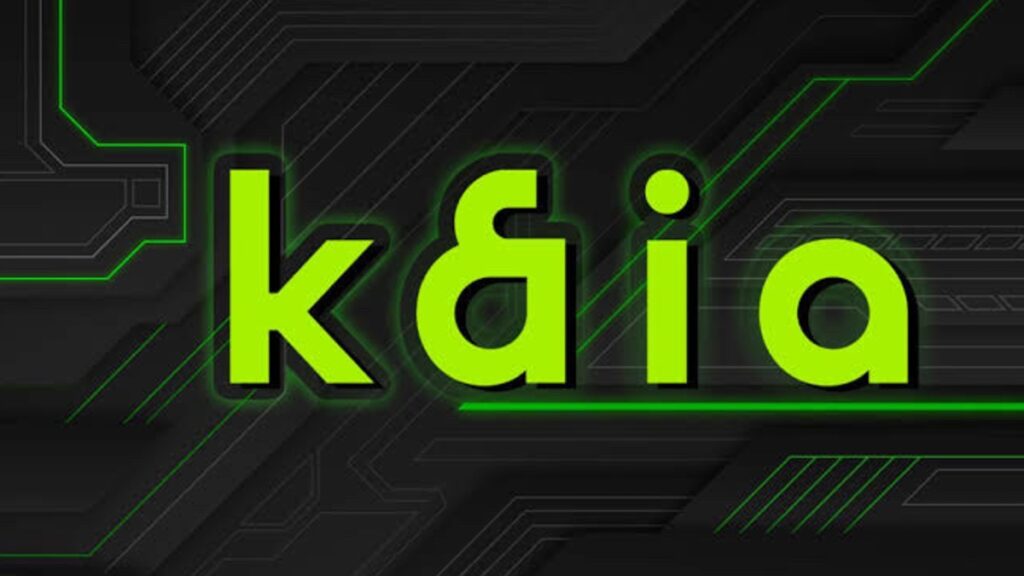Japanese messaging giant LINE is launching micro-decentralized apps alongside the UAE-based Kaia DLT Foundation on its chat platform.

Mini dApps will be made available as part of the Kaia Wave, an effort by the Kaia DLT Foundation to assist Web3 developers, according to a statement released on August 29.
Following the merger of two well-known blockchain initiatives from Line and the South Korean internet giant Kakao, the Kaia DLT Foundation was established as an independent organization.
Its job is supervising the management and governance of the layer-1 EVM-based Kaia blockchain, which unites the Klaytn blockchain from Kakao and the Finschia blockchain from Line.
The Kaia chain’s mainnet launch was accompanied by the announcement of Kaia Wave. With LINE’s LINE messengers and Kakao’s Kakaotalk platform linked, the blockchain network has a combined user base of more than 250 million.
The Kaia DLT Foundation intends to encourage developers to create miniature dApps suited explicitly for LINE’s large user base in nations like Japan, Taiwan, Thailand, and Indonesia through the Kaia Wave program.
Developers would design the small dApps that would launch within the LINE Messenger using Kaia’s NEXT WEB software development kit.
As part of the builders initiative, the foundation is working with LINE NEXT, the Web3 division of LINE Corporation. Young-su Ko, CEO of LINE NEXT stated:
Through the Kaia Wave project, LINE NEXT will focus on delivering a more efficient Web3 platform for builders and improving accessibility and convenience for users.”
LINE intends to capitalize on the emerging trend of directly integrating blockchain-based applications within chat platforms—a move that its rival Telegram pioneered.
In 2023, the messaging behemoth began to offer what it refers to as “Telegram Mini Apps,” and subsequently, it permitted developers to incorporate these apps with The Open Network blockchain.
The emergence of play-to-earn games on the TON blockchain, such as NotCoin and Hamster Kombat, which reward users with tokens, contributed to an even greater boom in Telegram’s user base.
Consequently, the messaging app has launched a micro app store to facilitate Web3 access for over 950 million users.
